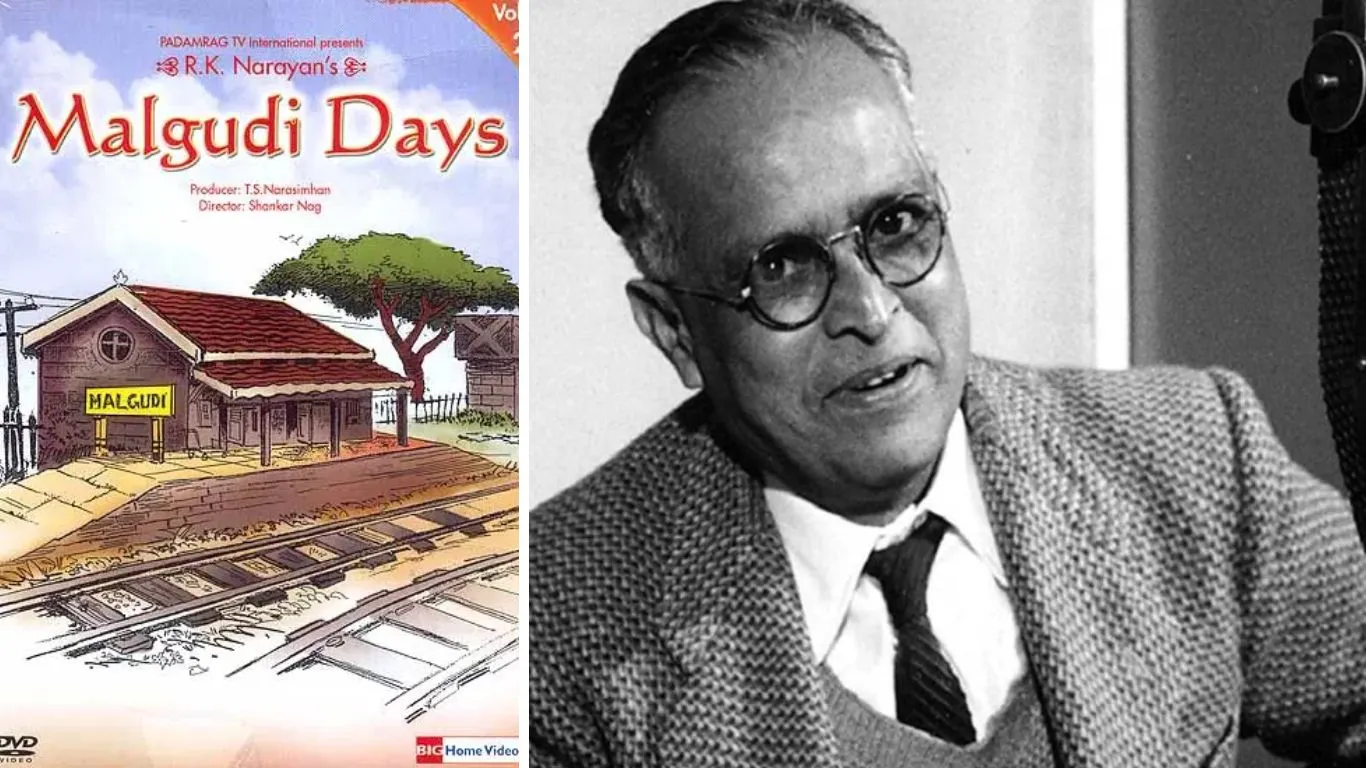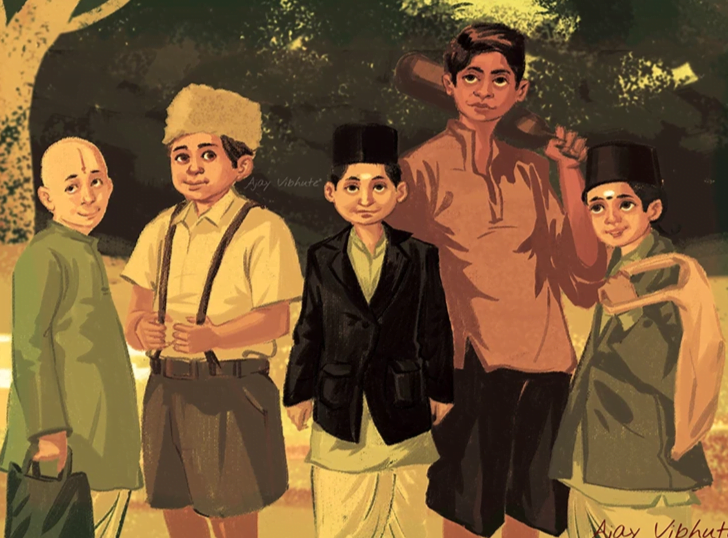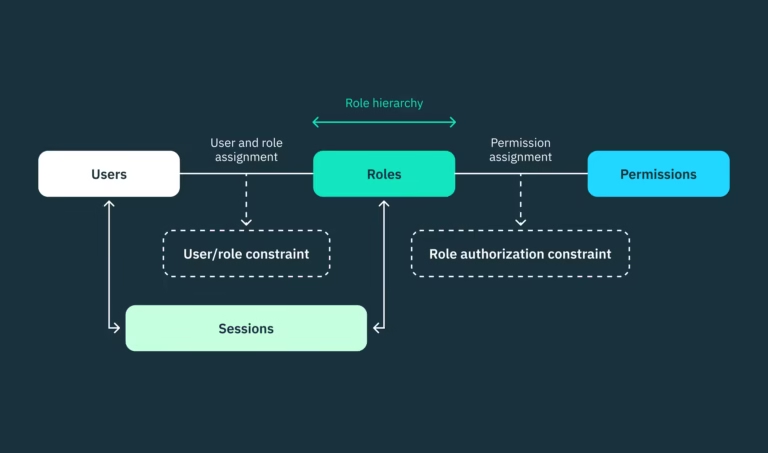
“Malgudi Days” by R.K. Narayan is a collection of short stories that beautifully captures the essence of life in the fictional town of Malgudi, India.
“Malgudi Days” is a literary gem that offers readers a rich tapestry of life, brimming with warmth, wisdom, and the simple beauty of everyday moments. It’s a book that stays with you long after you’ve turned the last page.
Here are ten of the most interesting and memorable parts of the book:
1. “An Astrologer’s Day”:

This story opens the collection with a tale about an astrologer who unexpectedly encounters a man he thought he had killed years ago. The tension and resolution of their meeting are both surprising and satisfying.
The story revolves around an astrologer who sets up his practice in a busy marketplace. He is an ordinary man, with no real knowledge of astrology, but he has a keen sense of observation and intuition that allows him to convince people of his astrological prowess.
The story explores themes of fate, irony, and the inescapable nature of one’s past. It also delves into the idea of how people’s beliefs and superstitions can be manipulated by those who understand human psychology.
2. “The Missing Mail”:

This story highlights the life of a conscientious postman who makes a critical decision to withhold a letter bearing sad news to ensure that a wedding in his village proceeds without disruption. It showcases the postman’s deep connection to the community and his understanding of human emotions.
As the story unfolds, Ramanujam is preoccupied with arranging a suitable marriage for Kamakshi. After much searching, a match is found, and the arrangements for the wedding begin. The auspicious date for the wedding is fixed, and preparations are in full swing.
Just before the wedding, Thanappa delivers all the wedding invitations and continues to provide his usual friendly service. However, he soon faces a moral dilemma when he receives a letter addressed to Ramanujam. The letter contains devastating news: Ramanujam’s brother has passed away. Thanappa knows that if he delivers this letter immediately, the wedding will be postponed, causing significant distress and upheaval.
3. “The Doctor’s Word”:

A doctor, known for his pragmatic and professional demeanor, faces a moral dilemma when his closest friend is critically ill. The story explores themes of faith, hope, and the limits of medical knowledge.
“The Doctor’s Word” is one of the poignant stories from R.K. Narayan’s acclaimed collection “Malgudi Days.” The story delves into the professional and personal life of Dr. Raman, a well-known and respected physician in the fictional town of Malgudi.
Dr. Raman is renowned for his blunt and straightforward approach to medicine. He never gives false hope to his patients and is known for his brutal honesty. Despite his stern demeanor, he is a competent and dedicated doctor.
The story centers around a critical moment in the life of Gopal, a close friend of Dr. Raman. Gopal falls gravely ill, and his condition deteriorates rapidly. As a last resort, Gopal’s family calls upon Dr. Raman to treat him. Dr. Raman, aware of the severity of Gopal’s condition, rushes to his bedside.
4. “The Blind Dog”:

This touching story follows the life of a blind beggar and his loyal dog. The narrative explores the bond between the two, showcasing themes of loyalty, survival, and compassion in the face of adversity.
The story introduces us to a blind beggar who sits at the corner of a busy marketplace in Malgudi. He is a familiar figure to the townspeople, relying on alms to survive. One day, a stray dog begins to frequent the same spot, drawn by the scraps of food the beggar offers.
Over time, the beggar and the dog develop a mutual dependence. The dog becomes the beggar’s guide, leading him through the crowded streets and helping him navigate his daily routine. The beggar, in turn, provides the dog with food and companionship. This relationship becomes a source of comfort and safety for both, forming a bond based on mutual need and trust.
5. “The Tiger’s Claw”:

This is an exciting and humorous tale of a brave but boastful villager who ends up wrestling a tiger. It combines elements of adventure and folklore, making it a standout story in the collection.
The story is narrated by a talkative and boastful man who recounts his thrilling adventure with a tiger. The man, whose name is not mentioned, is known for his storytelling skills and often embellishes his tales to impress his listeners.
One night, while traveling through a forest path near Malgudi, the narrator finds himself face to face with a ferocious tiger. He takes refuge in a nearby decrepit house, which offers little protection against the predator. The tiger, relentless and determined, tries to break into the house to reach him.
6. “Engine Trouble”:

This story is a comedy of errors about a man who wins a road engine in a lottery but soon realizes it’s more trouble than it’s worth. The narrative is a delightful critique of bureaucracy and human folly.
The story begins with the protagonist, a common man in Malgudi, who wins a massive road engine in a lottery. Initially, he is thrilled by his good fortune, but this excitement soon turns to despair as he realizes the immense burden and responsibility that comes with his prize.
The road engine is an enormous and cumbersome piece of machinery, completely impractical for his modest lifestyle. The protagonist struggles to find a place to store it and faces numerous difficulties trying to move it. The engine becomes a source of endless trouble and expense, rather than the windfall he had hoped for.
7. “Forty-Five a Month”:

This poignant story deals with the conflict between work and family life. A father, who is perpetually busy with his job, promises to take his daughter out but is forced to work overtime. The story beautifully captures the heartbreak and unfulfilled promises of familial love.
The story revolves around a middle-class man named Venkat Rao and his young daughter, Shanta. Venkat Rao works in an office and earns a modest salary of forty-five rupees a month. Despite his hard work, his job demands long hours, leaving him with little time to spend with his family, especially Shanta.
Shanta eagerly awaits a day out with her father, a promise he has made to her. She looks forward to visiting the cinema, a rare treat that she cherishes. Venkat Rao, equally eager to make his daughter happy, plans to leave work early to take her out. However, as the day progresses, work pressures and the demands of his boss make it increasingly difficult for him to keep his promise.
8. “A Horse and Two Goats”:

This humorous story depicts a misunderstanding between an impoverished Indian villager and an American tourist. Their conversation, despite the language barrier, highlights the cultural gap and the innocence of rural life.
The story introduces Muni, an elderly and impoverished goat herder living in a remote village in India. Muni’s life revolves around his two scraggy goats, which are his only possessions of value. His days are spent tending to the goats and engaging in mundane activities in the village.
One day, an American tourist arrives in the village. The tourist, who is on a sightseeing tour, is fascinated by the local culture and decides to explore the village. He stumbles upon Muni, who is sitting by the roadside with his goats.
9. “The Martyr’s Corner”:

This story portrays the life of a street vendor whose livelihood is upended by a sudden riot. It illustrates the fragility of small businesses and the impact of larger societal issues on individual lives.
The protagonist of the story is Rama Rao, a middle-aged man living in Malgudi. Rama Rao is a simple and unassuming individual who leads a quiet life, working as a clerk in a government office. He is not particularly interested in politics or activism, preferring to focus on his daily responsibilities.
One day, while walking home from work, Rama Rao witnesses a group of young men protesting against a government decision at a place known as Martyr’s Corner. The protest turns violent, and the police intervene, leading to chaos and clashes between the protesters and law enforcement.
10. “Leela’s Friend”:

This narrative focuses on the relationship between a little girl, Leela, and her servant, Sidda. When Sidda is falsely accused of theft, the story delves into themes of innocence, trust, and the social dynamics between different classes.
The story centers around Leela, a lively and curious young girl, and Sidda, the son of their household servant. Sidda’s father works for Leela’s family, and Sidda often accompanies him to their house. Despite their difference in social status, Leela and Sidda form a deep and genuine friendship based on mutual respect and understanding.
Leela and Sidda spend hours playing together, exploring the surroundings, and sharing stories. Sidda’s simple and caring nature endears him to Leela, who sees him as more than just a servant’s son. Their friendship transcends societal boundaries, and they develop a strong bond built on trust and companionship.
Malgudi Days








